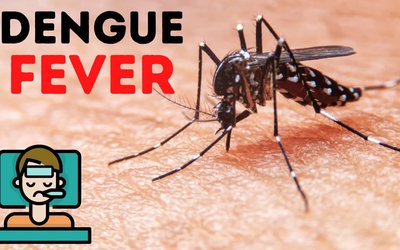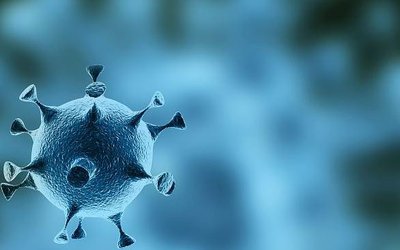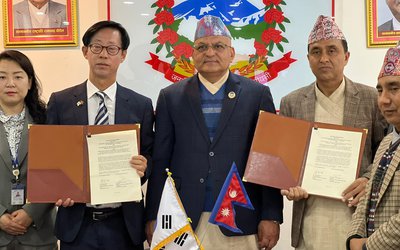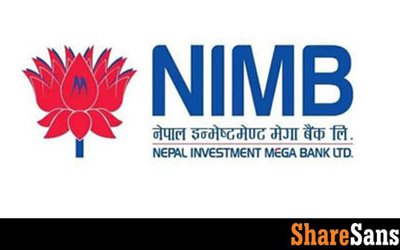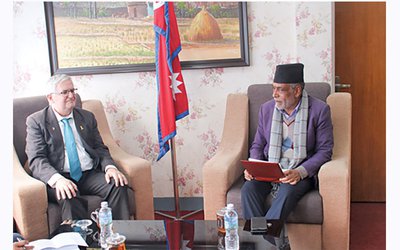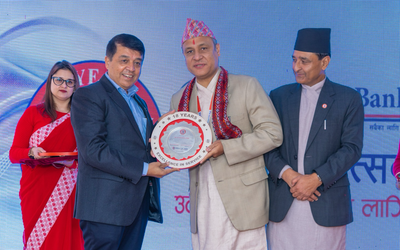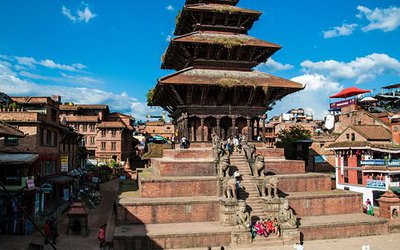
To Celebrate the World Health Day, people from all walks of life were invited to reflect, draw, and sign on the theme of World Health Day – Primary Health Care- at the premises of Kathmandu Durbar Square today.
Despite efforts, composite coverage index of essential health services (2017, WHO): 64 % and percentage of out of pocket (OOP) expenditure as percentage of current health expenditure (2015/16, National Health Account): 55.4 %.
Similarly, NCDIs comprise a large share of the burden of disease in Nepal (2018, NCDI Poverty Commission Country Report) and noncommunicable diseases contribute to the largest proportion of total DALYs in Nepal (51%) followed by communicable, maternal and nutritional deficiencies (35%) and injuries (14%).
Organized by National Health Education, Information and Communication Centre (NHEICC) under Department of Health Services (DoHS), Ministry of Health and Population (MoHP) and World Health Organization (WHO) - Country Office Nepal, the common public will become more aware on the concept of UHC and PHC via the interactive art program.
UHC means that all individuals and communities receive the health services they need without suffering financial hardship. It includes the full spectrum of essential, quality health services, from health promotion to prevention, treatment, rehabilitation, and palliative care.
It does not only mean free health coverage, but rather enabling everyone to access the services that address the most significant causes of disease and death and ensures that the quality of those services is good enough to improve the health of the people who receive them. A key to attain this goal is through strengthening PHC.
PHC with basic health services can cover majority of a person’s health needs throughout their lives. It addresses the broader determinants of health and focuses on comprehensive and interrelated aspects of physical, mental, and social health and wellbeing. A fit-for-purpose workforce is essential to deliver PHC, and the world has an estimated shortfall of 18 million health workers. Of the 30 countries for which data are available, only 8 spend at least US$ 40 per person on PHC per year.
World Health Day 2019 falls midway between the 2018 Global Conference on Primary Health Care in Astana - where countries including Nepal committed to strengthen Primary Health Care (PHC) as essential step towards Universal Health Coverage (UHC) - and the UN General Assembly high-level meeting on UHC, to be held in New York in September 2019.

The Day is one of many opportunities to communicate about the importance of equity in health-care services, not only for the health of individuals, but also for the health of community and society at large.
Globally
At least half of the world’s population still do not have full coverage of essential health services,
About 100 million people are still being pushed into extreme poverty (defined as living on 1.90 USD or less a day) because they must pay for health care,
Over 800 million people (almost 12% of the world’s population) spent at least 10% of their household budgets to pay for health care,
All United Nations Member States have agreed to try to achieve UHC by 2030, as part of the Sustainable Development Goals.
In South-East Asia Region:
Around 800 million people still do not have full coverage of essential health services,
At least 65 million people are pushed into poverty because of health spending, most of which goes on medicines.
PHC is crucial to attain UHC, and hence, at the program, the common public, health professionals, and policymakers will sign on agreeing to take care of their health, recognizing that everyone has a responsibility towards achieving good health.
The program will be concluded by handing over the final signatures and artwork – showcasing that we are ready for UHC and understand the important of PHC – to dignitaries from MoHP. Citizens, health professionals, dignitaries from MoHP, media,various organizations, and WHO Country Office for Nepal, will also hold hands to form a human chain around the canvases, taking responsibility towards UHC and leaving no one behind.
- KOICA and Gandaki Province Sign ROD to Establish Gandaki Institute of Technology
- Jan 03, 2025
- NIMBL Opens Extension Of Branchless Banking Services In Dhuniveshi
- Jan 03, 2025
- Agriculture Minister Thanks Israel Government For Its support In Agriculture sector
- Jan 03, 2025
- Global IME Bank's 18th Anniversary: Chairman Dhakal's Emphasis On Expanding Secure Digital Banking Services
- Jan 03, 2025
- Nepal Received Over 1.1 Million Tourists In 2024
- Jan 03, 2025




